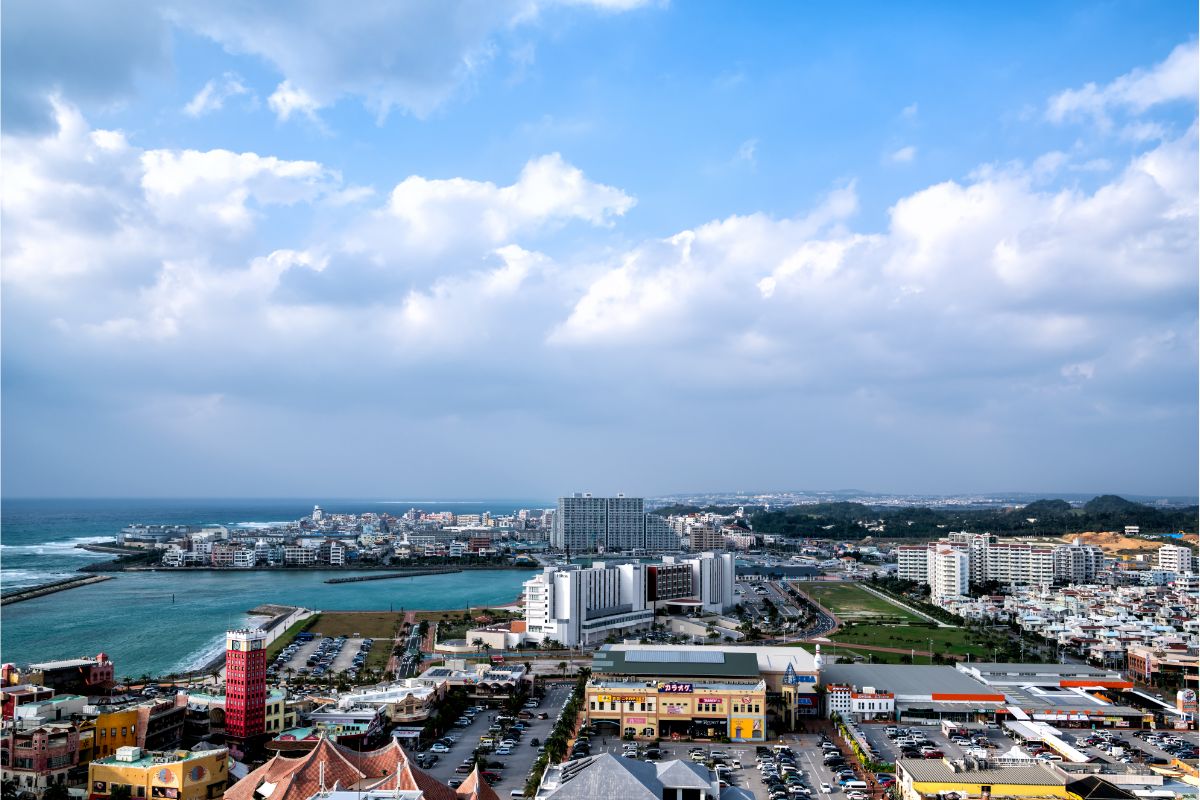Japanese citizens have a higher life expectancy than any other citizens. In fact, the average life expectancy in Japan is currently 84.36 years, whilst the average life expectancy in the US is much lower, at just 78.79 years.

Many believe that the Japanese healthcare system is to thank for this increased life expectancy. But, what makes it so good? And, what makes it so much better than healthcare in the US?
Take a look at the info-packed article below to find out.
Overview Of The Japanese Healthcare System
Citizens of Japan have a longer life expectancy than citizens of any other country. Many people believe that this is, in part, a consequence of the country’s excellent health care system.
The system is both low-cost and universal, and there is a huge focus on preventative care. For example, there is free screening for many chronic illnesses.
The Japanese Healthcare System differs from the US system in a few notable ways. First, Japanese citizens are unlikely to have a dedicated family physician.
This is because most practising physicians have a sub-specialty. If you fall ill, you tend to visit the specialist you require directly, rather than going to a general physician first.
Additionally, there is an uneven distribution of physicians across Japan, because many of them prefer to work in rural areas. Interestingly, the opposite is true for the US and other Western countries.
This is thought to be because there is a higher quality of life associated with living away from metropolitan areas in Japan.
The Japanese healthcare system has two major types of statutory insurance programmes. Citizens can either receive healthcare through the National Health Insurance, or the Employees’ Health Insurance.
The National Health Insurance is called Kokumin-Kenkō-Hoken (国民健康保険), and requires a copayment of 30%. However, medical service prices are capped.
Benefits Of The Japanese Healthcare System
In addition to these notable differences between the US healthcare system and the Japanese healthcare system, there are a number of additional benefits associated with the Japanese healthcare system.
Take a look at the most important benefits below – you’ll be booking your flight to Japan in no time.
Everyone Has Coverage
As previously mentioned, Japan’s healthcare is universal. This means that everyone has coverage.
This means that everyone has coverage. Universal health insurance was established in 1961, with the aim of providing everyone with equal access to necessary and adequate healthcare at a low price.
As mentioned previously, citizens of Japan can either receive their healthcare coverage through the National Health Insurance or Employees’ Health Insurance.
Additionally, patients and physicians have excellent freedom in their decisions.
For example, patients can choose their own physicians, depending on how well they believe they are suited to a certain professional. Physicians can also freely decide on the most appropriate procedure or way forward for their patients.
Versatile Insurance Plans
In Japan, there are three primary forms of insurance for healthcare. The first one works to cover people who work at companies. The companies will deduct the insurance premiums for healthcare received from the employees’ paychecks.
The second one works to cover self-employed people. The premiums will be determined by factors such as the individual’s income, how many people live in the home, and any assets the individual may have.
The third one is what is known as a pooling fund. The premiums for this plan actually come from the previous two plants.
This pooling fund is for Japanese citizens who are 70 years or older and need to pay medical bills.
When these three systems are combined, very few people are left without Japanese healthcare. Thanks to this, people with low incomes or those who are in poverty are still able to access medical treatment, unlike those in the US.
Payment Fee Schedules
Whilst people do have to pay for their medical care, it is much easier to do so in Japan than it is in the US. This is because there is a national fee-for-service schedule system.
This system is determined by the government and includes specialist and primary care costs.
The fee system is uniform, which means that everyone pays the same price for medicines, services, and medical devices.
However, the government does provide subsidies to the elderly and poor so that they are able to pay for their insurance.
Wide Range Of Medical Services
The range of medical services provided by the Japanese healthcare system is wide. Primary care, speciality care, hospital visits, mental health support, and many dental procedures are all covered by insurance plans.
In fact, the insurance plans even include hospice care for the elderly, and disabled individuals get good support from the government. They can get subsidies to help pay for equipment, such as wheelchairs.
As such, disadvantaged groups are taken care of.
Equitable
As alluded to above, the size of a person’s income makes far less of an impact on the quality of their medical care than in other countries, particularly the US.
In addition to there being a universal paying schedule, physicians also receive the same fee from all patients.
This means that there is no incentive for physicians to treat patients differently depending on their social class. In turn, this allows disadvantaged citizens of Japan to receive the same quality healthcare as wealthy citizens (see also ‘Outside Of Tokyo, Where Do Wealthy People Live In Japan?‘).
Downsides Of Japanese Healthcare System
Whilst the Japanese healthcare system is excellent, no healthcare system is without its downfalls.
For example, there are some cons associated with there being few general physicians, such as having to show every doctor your entire medical record when you fall ill.
Additionally, it is believed that, whilst many aspects of Japanese healthcare are ahead of their time, psychiatric hospitals are well behind the times.
Many hospitals continue to use outdated methods that can be isolating and dangerous.
Finally, there is also some concern about the cost of the healthcare system in Japan.
Some politicians believe that the structure of the healthcare system is too expensive to uphold, and this is exacerbated by Japan’s ageing population.
Conclusion
The Japanese healthcare system is understood to be much more effective than that in the US.
Thanks to its universality, even the most disadvantaged citizens of Japan are able to gain access to good quality healthcare. We hope that this article has helped you to understand why the Japanese healthcare system is perceived as so good.
- 16 Best Websites To Watch Japanese Movies With English Subtitles - May 11, 2023
- Is ZIPAIR The Best Airline For Traveling To Japan? - May 11, 2023
- Ryu Murakami Vs Haruki Murakami – Which One Should You Read? - May 11, 2023








